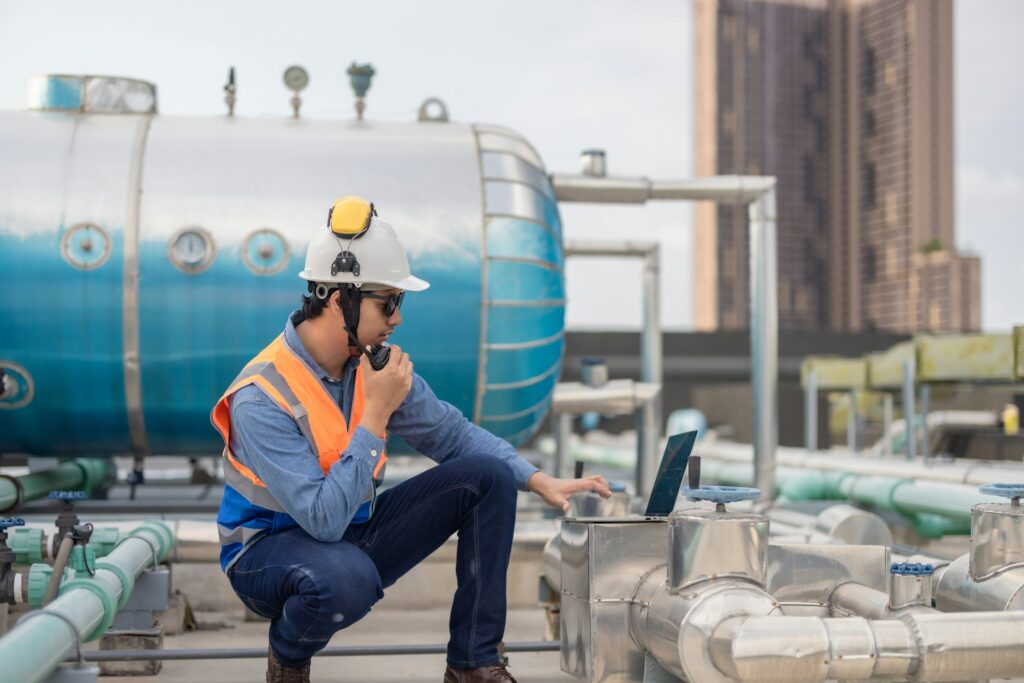As the world grapples with climate change, energy efficiency has become a critical concern for building owners and managers. While HVAC systems often take center stage in energy efficiency discussions, commercial plumbing plays a vital role in reducing energy consumption and promoting sustainability. In this blog, we’ll explore the role of commercial plumbing in building energy efficiency.
Water Heating: A Significant Energy Consumer
Water heating is one of the largest energy consumers in commercial buildings, accounting for up to 12% of total energy usage. Traditional water heating systems, such as storage tank water heaters, can be inefficient and wasteful. However, newer technologies like:
- Tankless water heaters: Provide on-demand hot water, reducing energy consumption and standby heat loss.
- Heat pump water heaters: Use heat from the air or ground to heat water, offering higher efficiency and lower energy bills.
Low-Flow Fixtures: Reducing Water Consumption
Low-flow fixtures, such as faucets, toilets, and showerheads, are designed to reduce water consumption while maintaining performance. These fixtures can:
- Reduce water consumption: By up to 50% or more, depending on the fixture and application.
- Lower energy bills: By reducing the amount of hot water needed.
Greywater Systems: Reusing Water for Irrigation and Flushing
Greywater systems collect and treat wastewater from sinks, showers, and washing machines for reuse in irrigation and flushing toilets. These systems can:
- Reduce potable water demand: By up to 50% or more, depending on the system and application.
- Lower energy bills: By reducing the amount of potable water needed for irrigation and flushing.
Energy-Efficient Plumbing Design
Energy-efficient plumbing design involves optimizing pipe sizing, layout, and insulation to minimize heat loss and energy consumption. This can include:
- Pipe insulation: Reducing heat loss and energy consumption by insulating pipes in unconditioned spaces.
- Pipe sizing: Optimizing pipe sizing to reduce friction losses and energy consumption.
Conclusion
Commercial plumbing plays a critical role in building energy efficiency. By incorporating energy-efficient water heating systems, low-flow fixtures, greywater systems, and energy-efficient plumbing design, building owners and managers can reduce energy consumption, lower energy bills, and promote sustainability.
Take the First Step Towards Energy Efficiency
Contact us to learn more about how our commercial plumbing experts can help you reduce energy consumption and promote sustainability in your building.

